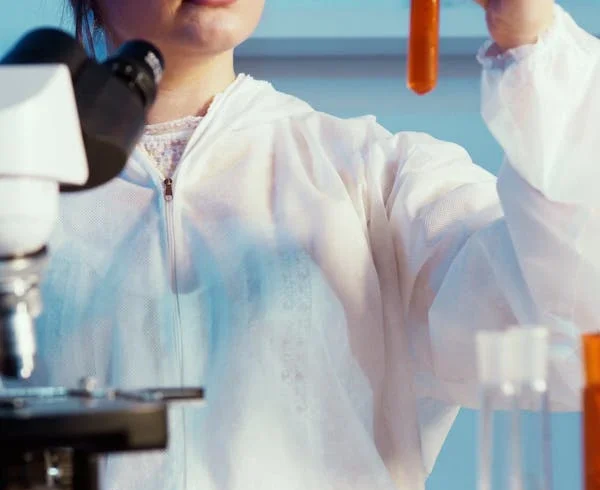
A master’s in biochemistry is a multidisciplinary field. It is the branch of science that explores biological processes at the molecular and cellular levels. MSc biochemistry is a two-year coursework that contains a mixture of biology and chemistry that encompasses theoretical and technical knowledge of related subjects like immunology, microbiology, bioinformatics, cell biology, etc. The training imparted during the teaching process enables students to pursue a career in pharmacy, healthcare, or the research sector.
The advancement and rapid growth in this sector have created an enormous demand for MSc biochemistry graduates. A recent survey found that the market for biochemists and other related professions is projected to grow 4% from 2019 to 2029, surpassing many other occupations. The field is gaining popularity because of its ability to contribute to the study of DNA structure.
During the coursework, the students are equipped with fast-paced learning to sustain a competitive environment by performing in a cross-functional environment. Critical thinking and design thinking are enhanced by research project-based learning.
MSc biochemistry graduates are eligible to work at various lucrative job positions highly in demand in agricultural, industrial, and medical research institutes.
Here are the benefits of pursuing an MSc in biochemistry:
- Research scientist: The role of a research scientist is to organize and regulate clinical trials of drugs or medicines to assess the benefits and risks of using them. These scientists carry out tests to evaluate it in a controlled environment. A research career is bright as it is among the highly respected and recognized jobs that can provide professionals working in the research domain with higher job satisfaction.
- Microbiologist: The role of a microbiologist is to deal with the study of microscopic life forms and processes, with specializations within microbiology such as virology, immunology, parasitology, and bacteriology. They use a wide range of analytical and scientific techniques to carry out the processes. With an MSc in Biochemistry program, you can get the chance to learn these skills from the expert faculty. The employers of microbiologists are the food standard agency, public health agencies, research institutions, hospitals, food and drink manufacturers, etc.
- Pharmacologist: The investigation of interactions with the biological system is performed by a pharmacologist. They are grouped according to the body system, but it is not limited to the body system and consider other factors like health and disease.
- Biochemists study the physical and chemical principles of living organisms by conducting biological processes. The experiments established the reaction within tissue to record the effects of given medicines. A biochemist aims to improve the quality of life by closely understanding living things at the molecular level.
- Biotechnologists: A biotechnologist studies the physical, chemical, and genetic aspects of cells and tissues to identify practical uses of the knowledge. They also conduct experiments in food and agriculture that can produce enzymes and preservatives to be used in food and drinks. In the agriculture sector, they can modify the crops genetically to increase production.
The biochemistry field can shape your career. Extensive job opportunities available for biochemistry graduates in the market can increase your chance of landing a dream job. The pharmaceutical industry that produces genetically engineered products offers employment to skilled and qualified professionals. Maximize your potential and leverage your skills with a post-graduation degree in biochemistry. Sign in now to learn more about the program!




